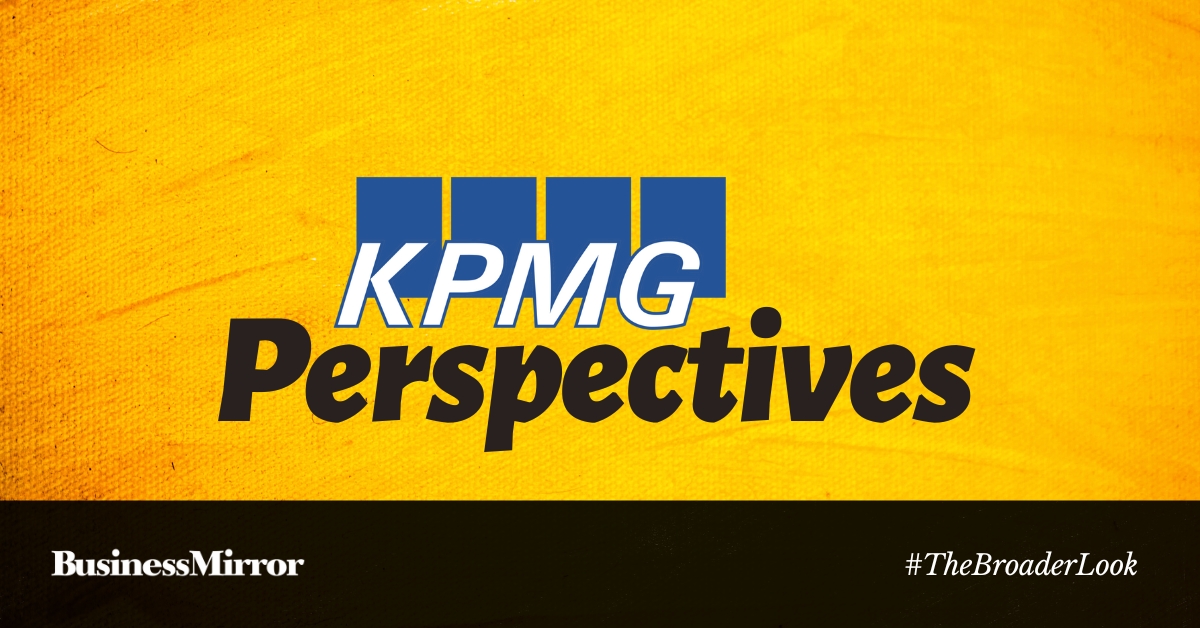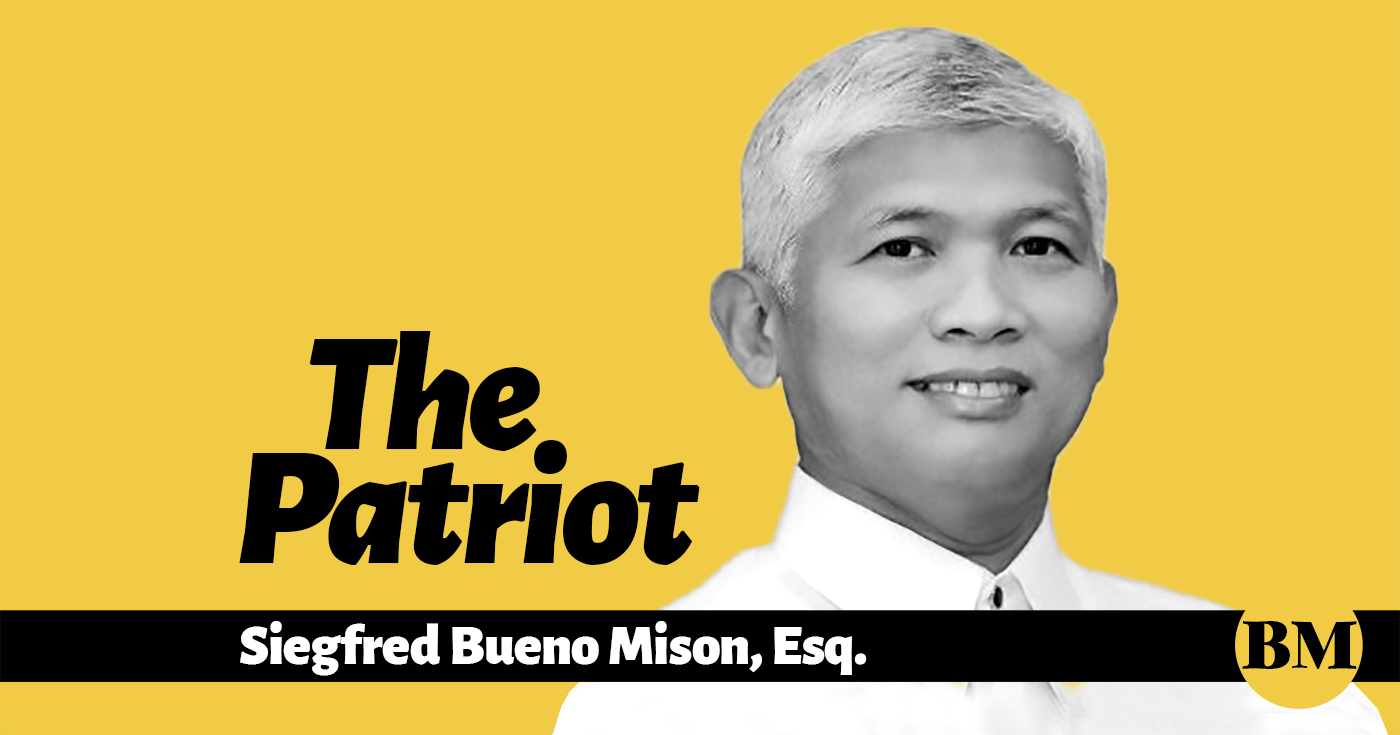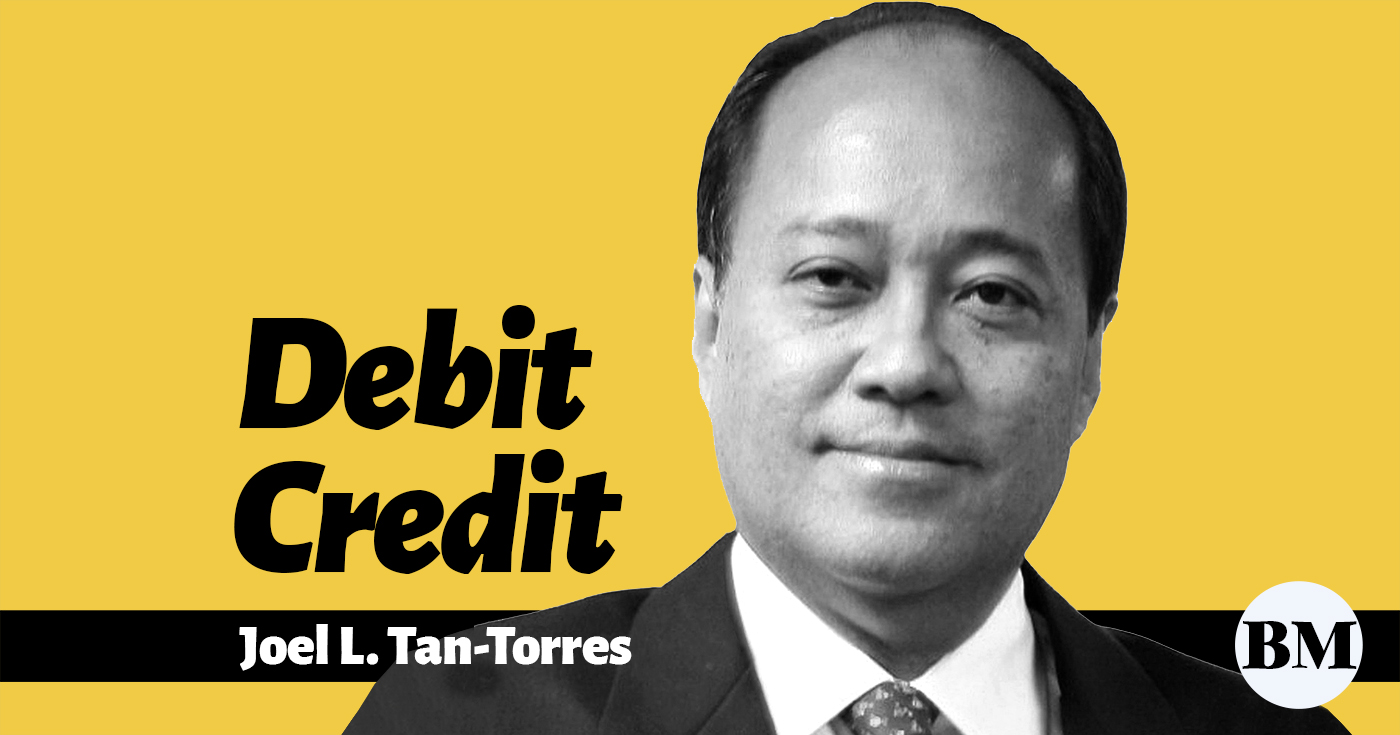Anybody who is qualified can easily run for a public post. Based on the Constitution, such qualifications are minimal. For instance, to run for senator, an aspiring candidate only has to be a natural born citizen of the Philippines, at least 35 years old on the day of the election, able to read and write, a registered voter and a resident of the country for not less than two years immediately preceding the day of the election.
You don’t even need to be a lawyer or a college graduate to be a senator or legislator. One former senator even openly admitted during his tenure that he cannot converse in English.
Yes, it is easy to run, meaning, to simply file your candidacy and aspire for a public post. But to run with an actual shot at winning? This is very hard today. Times have changed. The game has changed. Politics has changed. Campaigning has changed. Everything has changed.
There was a time when having a famous political name, for instance, would guarantee a victory in an election. But in the 2013 national elections, former Sen. Ramon “Jun” Magsaysay Jr. and then-Zambales Rep. Milagros “Mitos” Magsaysay both failed to get a Senate seat.
Political campaigns have also gotten very expensive.
Even the confessed poorest presidential candidate in the 2010 elections, Nicolas Perlas, admitted to media that he spent P2 million out of his own pocket for his campaign, with another P2 million contributed by friends.
Indeed, each election has the makings of being more expensive than the last, based on the sheer volume of TV ads we see from candidates. At close to P500,000 per prime-time spot per candidate, just do the numbers. The rise of multimillion peso campaigns has taken the total spending on political and so-called advocacy advertising to billions.
This kind of spending changes politics.
Honest and qualified candidates balk at running for public office because of the astounding cost of mounting a decent campaign, one that has a real shot at winning. They would have to be crazy to spend so much money just to run for an elective post that pays only so much. In the off chance that they win, there is no way they can ever recoup their investment, because they are not crooks. So they just threw their savings out the window all for the possibility of serving a cynical public who tend to blame politicians for everything that is wrong with their existence (and for good reason, too).
Thankfully, there might be hope for poorer candidates yet.
Our recent story (“Con-com pushes for ‘democracy fund’” by Elijah Felice E. Rosales, June 15, 2018) said the consultative committee (Con-com) mandated to review the 1987 Constitution wants to create a citizen-financed treasury—dubbed the “democracy fund”—that can be accessed by political parties and candidates for their campaign needs. The “democracy fund” is intended to regulate political contributions and campaign financing, which the committee believes is one root of corruption.
Con-com Spokesman Conrado I. Generoso said citizens and corporations can pour money into the fund, which, in turn, will be managed by the government. Filipino individuals can chip in P10,000 to P100,000 to the treasury, while corporations are allowed to contribute as much as P3 million. Such contributions will be made tax deductible.
The democracy fund, he added, will be administered by the Commission on Elections and will be monitored by the Commission on Audit. It will be apportioned to political parties and candidates, including independents, during the election period.
“What we are encouraging here is, instead of giving directly to the candidates, you give it to a common fund so that everybody can benefit. It is like you will not favor one candidate, and will, instead, favor a slightly equal playing level for all the candidates,” Generoso said.
This is a commendable Con-com proposal that should be pursued by Congress, even if Charter change does not push through, simply by revising and updating existing laws on campaign finance, contributions and expenditures.
This so-called democracy fund could usher in a new Philippine politics where money does not rule, and candidates who have the money to outspend their opponents can’t buy public office.
Image credits: Jimbo Albano




























